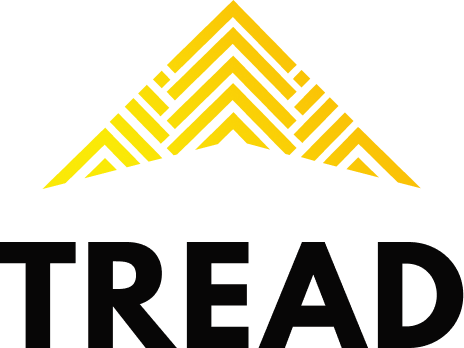Remote Construction Site Monitoring: 4 Ways to Succeed
From rising material costs to labor shortages, construction faces a number of obstacles to overcome as an industry. The current pandemic only heightens these challenges by forcing job sites to close, or at best, limit activities.
Being able to manage construction sites and keep the workforce connected is a tall order, which is especially true when coupled with the need to work remotely. Physically demanding jobs in the construction sector are just that – physical, meaning crews are needed onsite to perform them. Additionally, for heavy equipment operators and materials movers, remote work isn’t an option. So how do companies ensure projects remain cost-effective and on time while adhering to social distancing and safety regulations?
Today, a number of construction-related tasks can be completed from home, thanks to innovative digital solutions that have recently emerged. Project managers can proactively supervise multiple sites from afar, maximizing productivity while minimizing potential hazards.
Reduce clutter, headaches, and cost by going paperless on your construction site with Tread. Request a demo today.
1.Adopt remote project management tools
Monitoring workers on a construction site can be a challenge on the best of days, and while many job sites are closed to slow the spread of the Coronavirus, remote project management tools have become a valuable asset for construction managers. Real-time visibility into vehicle location, live-traffic data, and route analytics reduces financial overhead while maintaining compliance – all from home or mobile office.
Recommendation: Equipment and fleet management software allow managers and supervisors to integrate tracking, management, and maintenance of their fleet. From optimizing routes to distributing materials and managing construction billing, Tread helps streamline processes and improve productivity.
2.Choose industry-specific digital solutions
Construction companies have a reputation of being hesitant towards the adoption of new technologies, and it can be challenging to scale digital solutions at construction sites. With innovative software, however, construction project managers can maintain full visibility over both the short- and long-term planning of projects. This level of visibility only happens within construction industry-specific technology that integrates seamlessly into current business processes and transactions.
Recommendation: E-ticketing can reduce the time needed to retrieve, audit, and finalize paper tickets. It also facilitates comparisons of theoretical to actual measurements of heavy materials like asphalt or aggregate. In using Tread, project managers can optimize routes and increase productivity, while efficiently distributing materials and reducing project costs.
3.Invest in training
Effective remote work not only depends on the software implemented by an organization but also requires a well-defined digital strategy and a commitment from management to engage employees.
To help keep construction crews successful at working when they are away from the office, it is important to invest time and effort in regular and thorough software training to ensure employees remain engaged with any new digital tools.
Recommendation: Implementation and training on new technology must follow social distance guidelines. Competent and reliable remote onboarding means employees are safe without additional project downtime. Tread provides flexible training options to onboard and train users online, through phone calls or text messages, with guided training sessions offered in various languages for the global workforce.
4.Create technical support systems
The IT departments of many construction companies work tirelessly to ensure employees stay connected and work efficiently from the safety of their homes. During a time of financial uncertainty, new hires and younger personnel who may not have access to the latest gadgets should not be expected to purchase expensive laptops and other office equipment for remote use.
Recommendation: Consider creating a financial option for employees to purchase equipment or lend out laptops and desktop displays from the head office. Additionally, choose digital solutions that help employees stay connected to the rest of the team. Through implementing Tread’s text-to-accept feature for dispatchers and drivers, the drivers will know where they need to be and when, while dispatchers will have a better sense of when clients receive and respond to messages.
Embrace the efficiencies created by working remotely
While construction is a sector most people don’t associate with remote work, companies that adapt and thrive in this new home-based work environment will not only be successful today, but will have prepared their workforces for greater success in the future.
Book a free demo today to learn how Tread can help your team increase productivity and profitability with its smart, simple construction management software.
Read On

How to Grow an Efficient Construction Business
Scaling your construction business from small, to medium, to large requires a lot of work. There...

5 Tips for Construction Material Delivery
Reliable, on-time construction material delivery is key to profitability on any construction...

How to implement paperless technology with Tread
” “The industry is beginning to digitize quicker than it used to and still has a long way to go,”...

